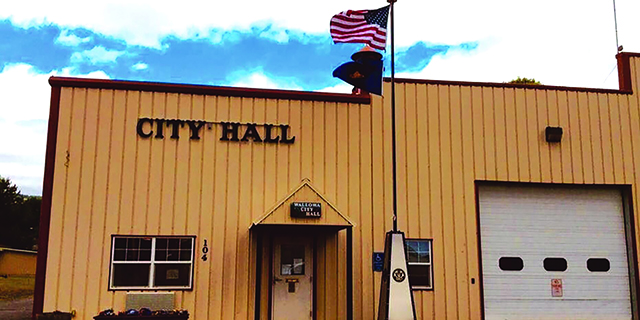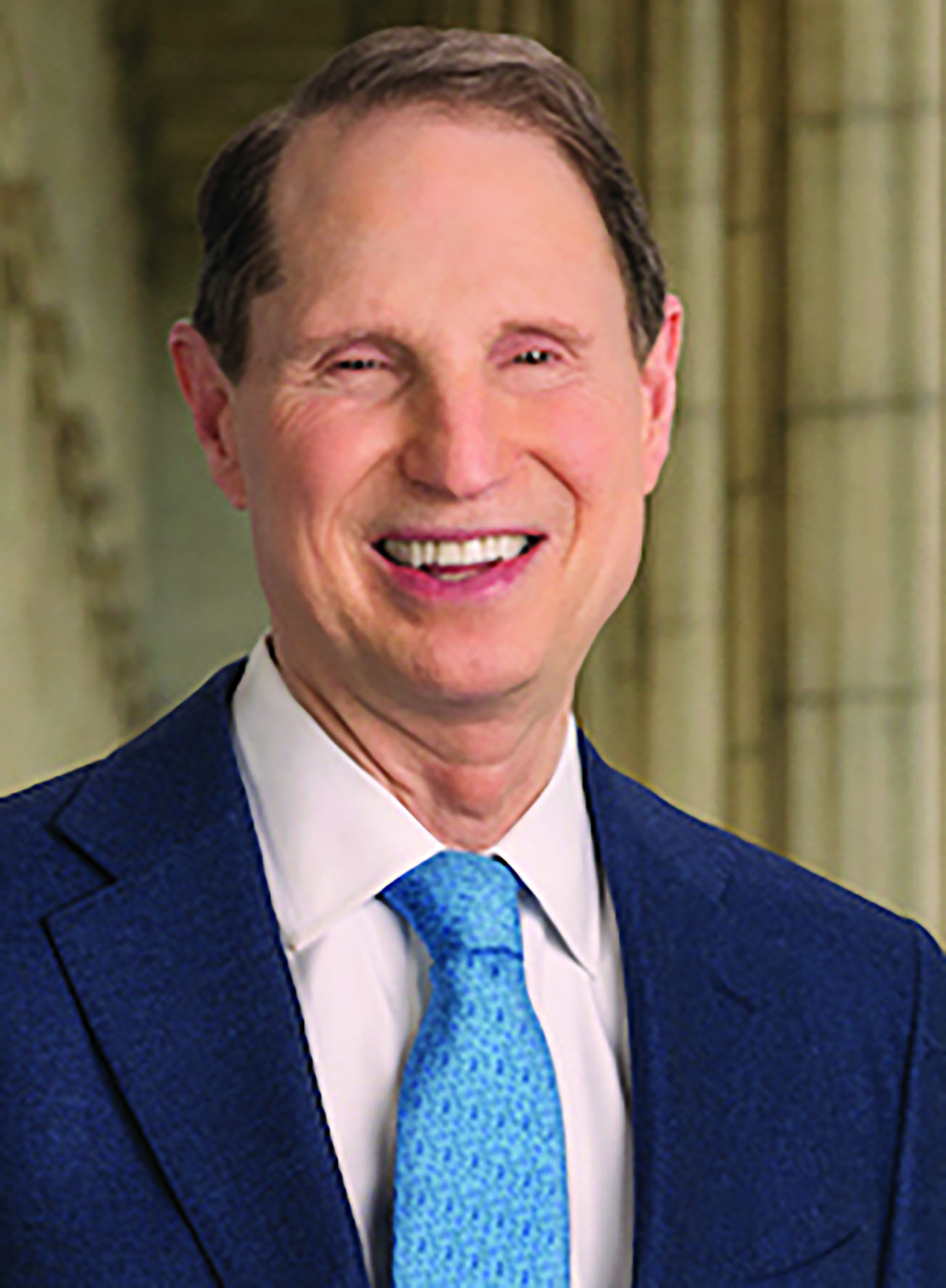Beating it before having to fight it
Published 7:57 am Tuesday, October 4, 2016

- Dr. Kenneth Rose
The dreaded “C” word is one that I have had to say way too often in my career — the hardest part of my profession is telling someone that they have cancer.
While some cancers are “better” than others, they all disrupt our lives, often in terrible ways. Unfortunately, the reality is that 50 percent of men and a third of women will develop some kind of cancer in their lifetime.
Trending
Breast cancer is the most common form among women in the United States. But thanks to modern diagnostic and therapeutic treatments, millions of women survive the disease. October is Breast Cancer Awareness Month, a time not only to increase awareness, but also to share how many breast cancer cases need never occur.
We don’t just want to “treat” breast cancer; we want to prevent it from even developing in the first place. A women’s genetic make-up does have a role in the development of some breast cancer, but ample studies are showing how we have the power to turn on good genes and turn off bad (BRCA) genes simply by making healthy lifestyle choices. In fact, phytoestrogens — the plant estrogens in soy beans — can cut the risk of breast cancer by a whopping 30 to 50 percent.
The dramatic benefits of soy also are seen in women who already have breast cancer. Another class of phytonutrients (plant nutrients) known as lignans, which have their highest concentrated in flax seeds, produces a similar response in the body as does Tamoxifen, the anti-estrogen medication used to treat some women with breast cancer.
One key study concluded that “dietary flaxseed has the potential to reduce tumor growth in patients with breast cancer. And this was just in five weeks. If the therapeutic index seen in this short-term study can be sustained over a long-term period, flaxseed, which is inexpensive and readily available, may be a potential dietary alternative or adjunct to currently used breast cancer drugs.”
The amount of flax seed used in the study was about half a tablespoon a day, something that could be easily added to one’s cereal in the morning or to a muffin.
If this is all a little confusing, I highly recommend you visit NutritionFacts.org, which offers several short videos describing the research on how our diets can affect our risk of getting breast cancer and how we can increase our survival once it is diagnosed.
Trending
On a more personal note, though, I am touched by the women and families who are affected by breast cancer. I have seen the whole range of emotional responses by those who have been diagnosed and suffered. There are those who want every possible thing done to treat their breast cancer, while others have insisted that they would rather die than to have a part of their body surgically removed. Some women ask for bilateral mastectomies (like Angelina Jolie) to reduce their risk of developing breast cancer, while others have chosen not to undergo mammograms or physician visits for fear that they may find breast cancer.
I can understand and empathize with each person’s choices, but doing nothing is not a good option. As they say, a good defense is a good offense. When it comes to beating breast cancer, focus on a healthy lifestyle that can prevent it from even developing in the first place. It’s possible to “beat it” before you ever have to fight it.
Kenneth D. Rose, MD, is a general surgeon at Mountain View Medical Group in Enterprise.









